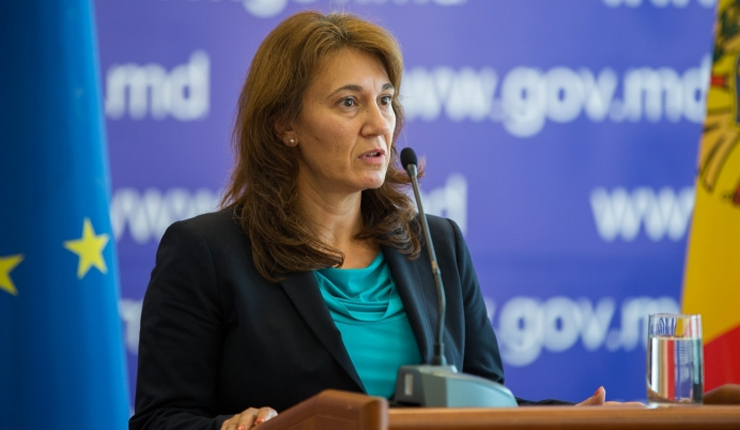The International Monetary Fund (IMF) has drafted a comprehensive strategy to enhance Egypt’s macroeconomic stability and promote private sector growth in Egypt. The plan outlines four elements, which are monetary and fiscal policy tightening, flexible exchange rate, targeted budget support for households, and balancing the roles of the public and private sectors. In December 2022, the IMF approved a 46-month arrangement fund to Egypt worth USD 3 billion (EGP 145.7 billion), which was later increased to USD 8 billion (EGP 388.7 billion) in March 2024. Egypt’s economy has been struggling for years with inflation. In January 2022, one USD cost EGP 15.7, and one year later, it cost EGP 29.8. In 2022, Egypt’s gross domestic product (GDP) recorded a deficit of 6.1 percent and in 2023, it decreased by one percent, recording 7.1 percent. Egypt’s external debt was USD 224.7 billion (EGP 10.9 trillion) in 2022, USD 308.15 billion (EGP 14.9 trillion) at the beginning of 2023, and it is expected to be USD 404.1 billion (EGP 19.6 trillion) by the end of 2024, which is a 31.14 percent increase from last year. Egypt manages its external debt by selling…
The IMF Outlines Four Primary Goals for Egypt’s Economic Stability
April 21, 2024
By Nadine Tag
Journalist



